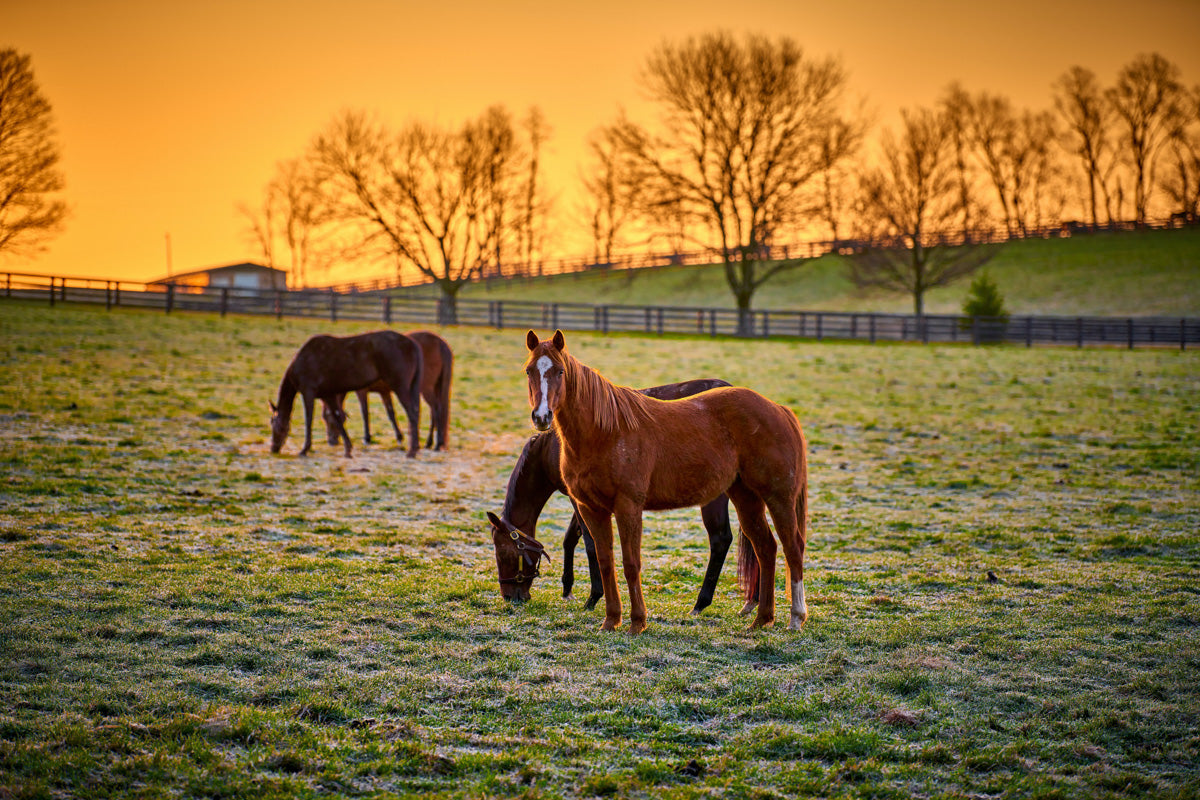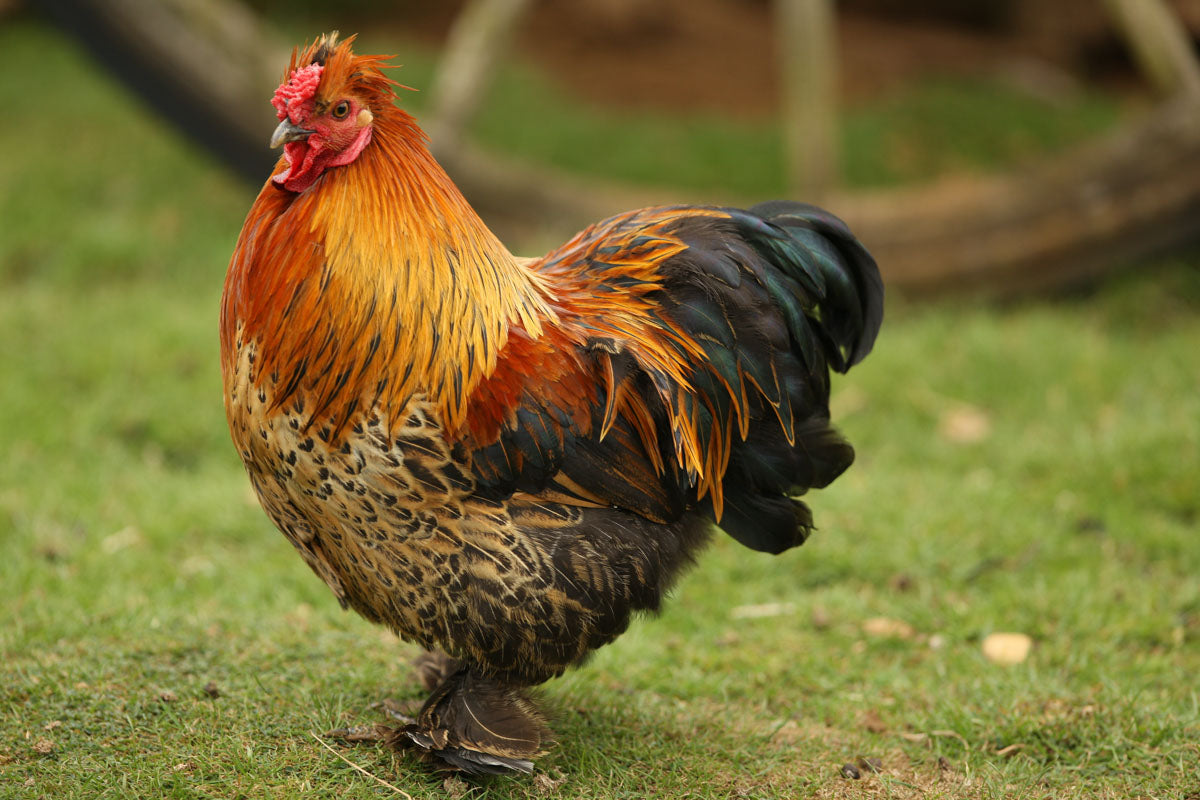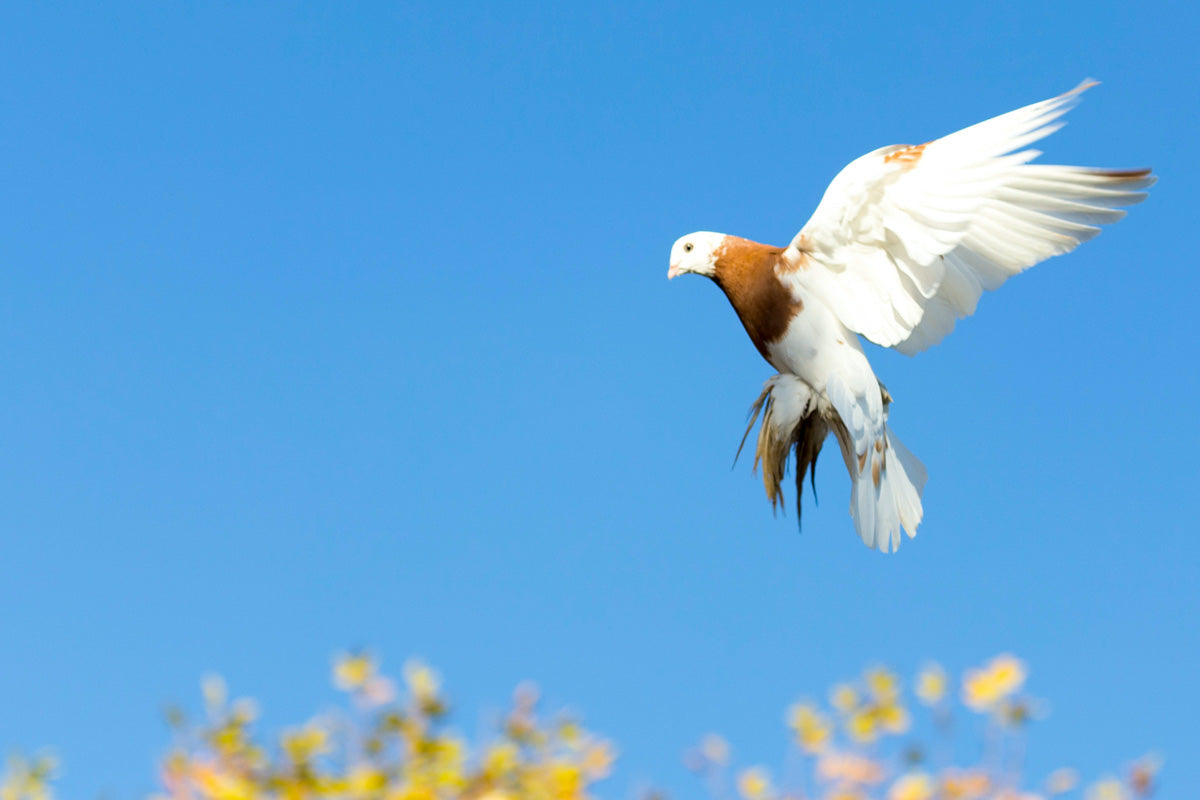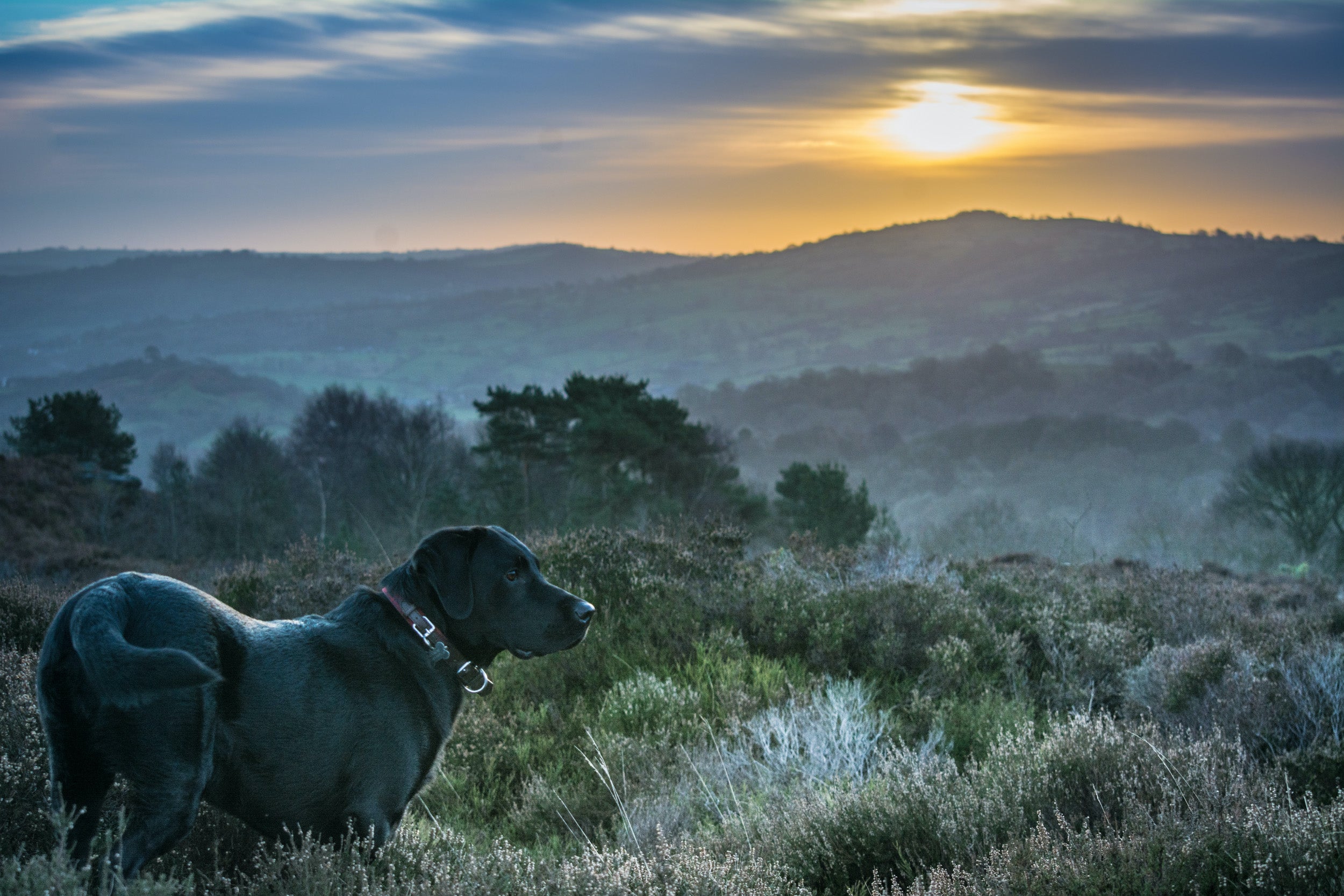Horses have captivated humans for centuries with their beauty, strength, and grace. These majestic creatures have been loyal companions, working partners, and beloved friends to humans throughout history. One intriguing aspect of horses is their lifespan, which can vary depending on various factors. In this article, we will explore the average lifespan of horses, the factors that influence their longevity, and how we can ensure their well-being throughout their lives.
Average Lifespan of Horses
The lifespan of horses can vary depending on their breed, genetics, care, and environmental factors. On average, horses live between 25 to 30 years. However, it is not uncommon for horses to live into their 30s or even 40s with proper care and nutrition. Some exceptional cases have been reported where horses have reached their 50s. A horse's lifespan can be influenced by factors such as breed characteristics, management practices, and overall health.
Factors Influencing Lifespan
Breed and Genetics: Different horse breeds have varying life expectancies. Generally, larger breeds tend to have shorter lifespans than smaller ones. For example, draft horses may have an average lifespan of 20 to 25 years, while ponies can live well into their 30s. Genetics also play a role, as certain hereditary conditions or predispositions can impact a horse's longevity.
Nutrition and Care: A balanced diet and proper nutrition are crucial for a horse's overall health and lifespan. Providing horses with high-quality forage, access to fresh water, and a well-balanced diet tailored to their specific needs is essential. Regular veterinary care, including vaccinations, dental exams, and deworming, can also contribute to a horse's longevity.
Exercise and Activity: Regular exercise and physical activity are vital for a horse's well-being. Horses are naturally active animals, and regular exercise helps maintain their muscle tone, cardiovascular health, and mental well-being. Adequate turnout time and engaging in activities such as riding, groundwork, or natural horsemanship can help horses live longer and healthier lives.
Environment and Shelter: A safe and comfortable living environment is crucial for a horse's longevity. Providing appropriate shelter from extreme weather conditions, access to pasture or turnout areas, and proper ventilation in stables or barns can significantly contribute to a horse's overall health and well-being.
Aging and Geriatric Care
As horses age, they require specialized care to ensure their well-being. Older horses may experience dental problems, joint stiffness, or other age-related health issues. Regular veterinary check-ups and monitoring are important to detect and address any health concerns promptly. Adjusting their diet, providing appropriate exercise, and making their living environment more comfortable can help enhance their quality of life during their golden years.
Emotional Well-being and Companionship
Horses are social animals and thrive on companionship. Providing them with the opportunity to interact with other horses or even other animals can have a positive impact on their emotional well-being. Isolation or lack of social interaction can lead to stress and affect their overall health and longevity.
Horses are magnificent creatures that have enriched our lives in countless ways. Understanding their lifespan and the factors that influence it is crucial for ensuring their well-being and longevity. By providing horses with proper nutrition, regular veterinary care, exercise, a suitable living environment, and companionship, we can contribute to their overall health and help them live longer, healthier, and more fulfilling lives. Cherishing and caring for these majestic animals throughout their years is a testament to the deep bond we share with them.




